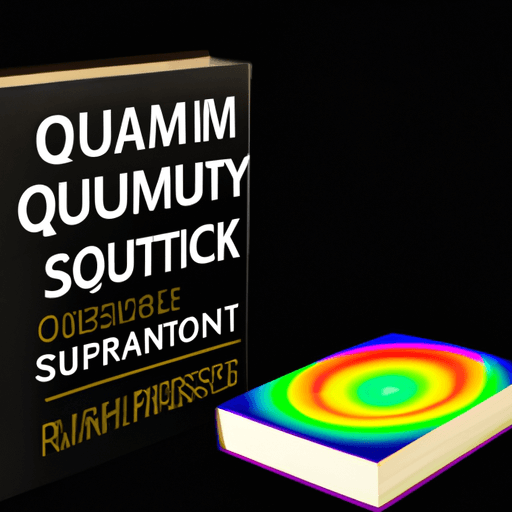Quantum Physics and Modern Literature: A Potent Entanglement
The cosmos of literature is composed of the atomistic details of human emotions, perceptions, thoughts, and worldviews -- each bearing an uncanny resemblance to the enigmatic principles of Quantum Physics. Yes, the most complex branch of physics has found a new canvas in the realm of literature, and the result - a unique intermingling of microcosmic principles with narratives that challenge the very basis of our understanding of reality.
The Intersection of Science and Literature
What ties Quantum Physics to literature? Think of the uncertainty principle, a tenant of quantum mechanics. The way the uncertainty principle posits the unpredictability of particles, literature too often thrives on unpredictable characters and events. It doesn’t stop here. The concept of Quantum Superposition -- the ability for a particle to exist simultaneously in multiple states until observed -- imbues characters and plots with myriad dimensions, creating riveting multi-layered narratives.
Quantum Themes in Modern Literature
Modern literature has been notable in its exploration of such intricate topics, embedding deep scientific principles within compelling narratives. Ian McEwan’s 'Solar', for instance, portrays the lifecycle of an arrogant physicist, with the laws of Quantum Physics metaphorically ruling his life. Another literary piece that splendidly uses the concept of Quantum Superposition is Blake Crouch's 'Dark Matter', where parallel universes portray different states of the protagonist's life until he chooses to observe one.
The Quantum Effect
The integration of Quantum Physics in literature is neither just aesthetic nor purely intellectual. It has profound effects on narrative structure, adding new layers of complexity and challenging conventions of plot, character identity, and chronology. These narratives demand readers to shift their perspective from the traditionally linear to a multidimensional worldview.
Implications for Readers
As quantum principles trickle into literature, readers are presented with a recalibrated understanding of reality. Traditional pillars of stability and certainty give way to fluidity, randomness, and interconnectedness. Readers are encouraged to question their inherent understanding of reality, nudging towards broader perspectives - a philosophical dimension expanded by Quantum Physics.
In conclusion, the impact of Quantum Physics on literature is pervasive and transformative, providing a new lens to probe human nature, existence, and reality. The interplay between Quantum Physics and literature serves not just an aesthetic purpose but prompts exploration beyond the realms of conventional thinking. So, the next time you pick a modern literary piece, look closer, you might find Quantum Physics murmuring between the lines.




















Comments
Leave a Comment